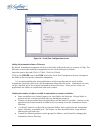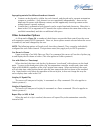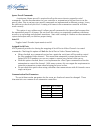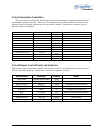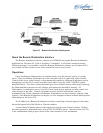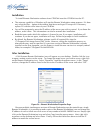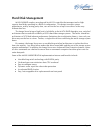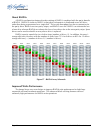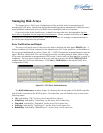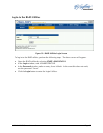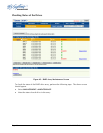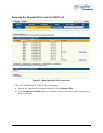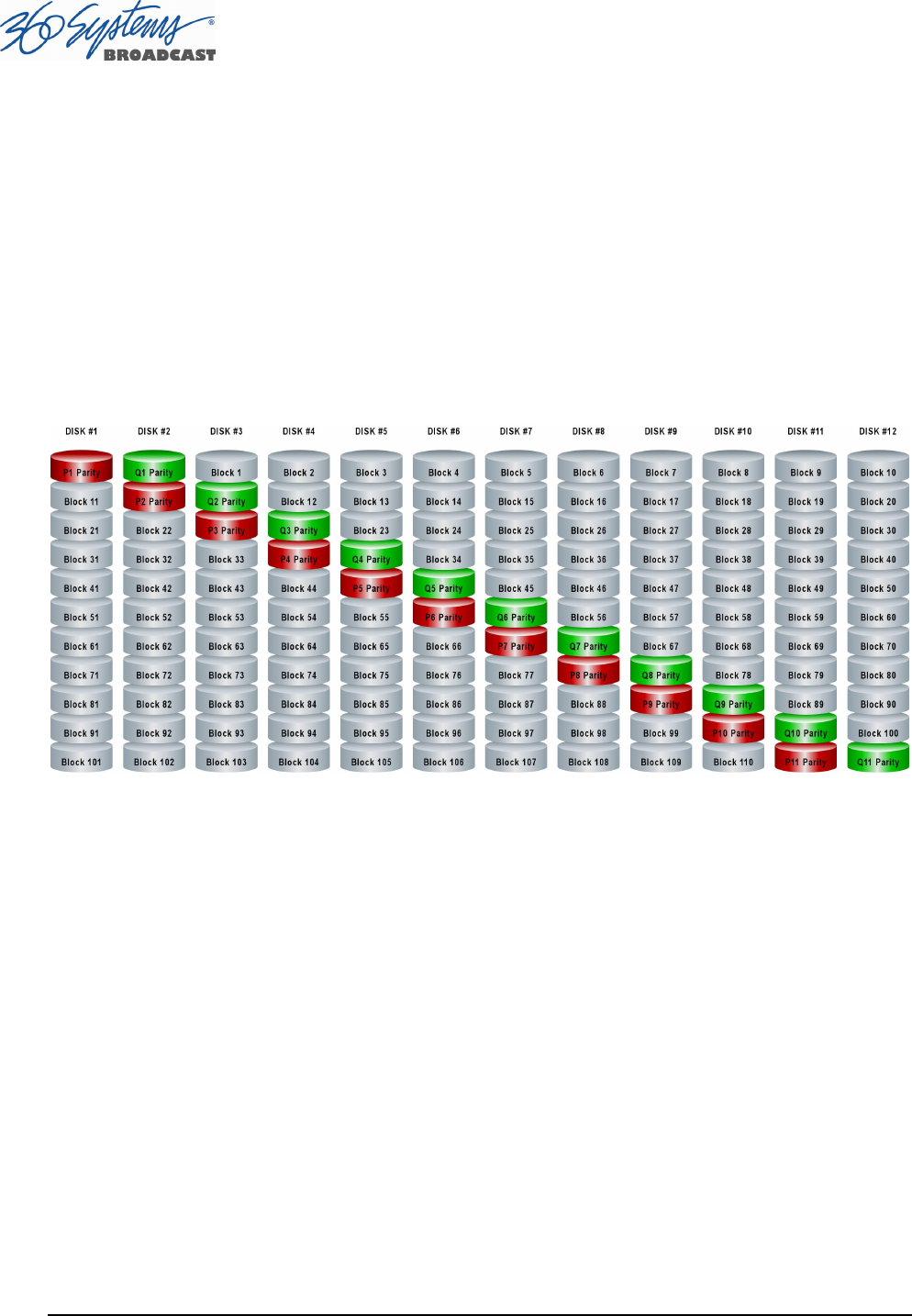
Page 92 MAXX-2400HD Owner’s Manual
About RAID 6
A RAID 6 configuration features the data striping of RAID 0, combined with the parity benefits
of RAID 4. RAID-6 is similar to RAID-5 in that parity information is distributed across all drives
rather than being concentrated on a single disk. This avoids throughput loss due to contention for
the parity drive. RAID-6 uses two parity stripes, and RAID-5 uses one. RAID-5 can tolerate the loss
of one drive whereas RAID-6 can tolerate the loss of two drives due to the extra parity stripe. Spare
drives can be used to rebuild an array after a drive is replaced.
RAID-6 capacity equals the size of drive times (number of drives -2). In addition, the array’s
storage efficiency increases with the number of disks; from 75 % for 8 drives to 83% for 12 drives:
storage efficiency = (number of drives -2) / (number of drives).
Figure 37 - RAID 6 Array Schematic
Improved Write Performance
The Image Server uses new designs to improve RAID-6 write performance for both large
sequential and small random transactions. This advanced block caching firmware delivers
extremely high performance for RAID-6 write operations.



